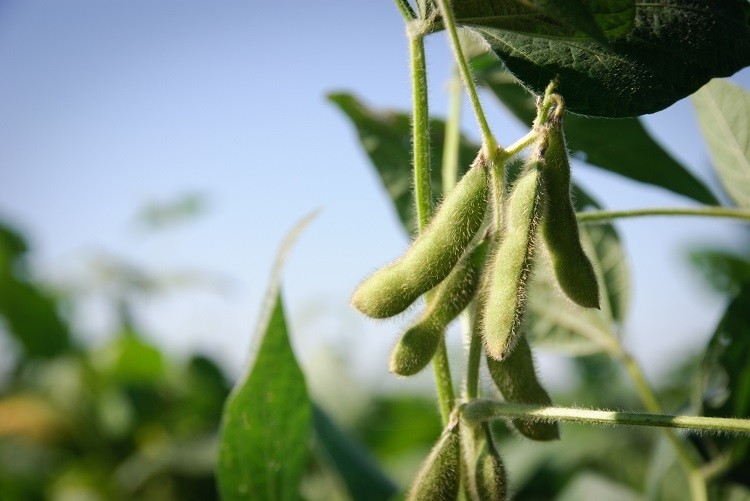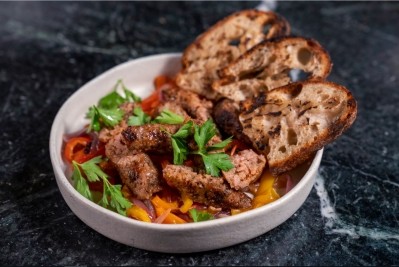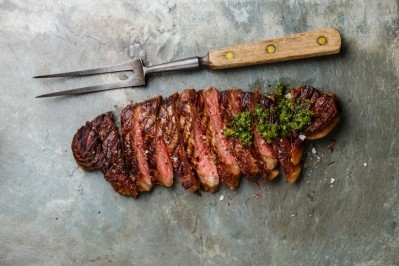Tyson Foods commits to sustainable soy in poultry supply chain

Global soy production is estimated at close to 250 million metric tonnes per year.
The legume serves as a key source of protein for human consumption and is pressed to extract soybean oil for cooking. However, more than 90% of all soy production is used for animal feed.
Major soy-producing regions include the US, Brazil and Argentina, which are responsible for 80% of total global production.
In ‘at risk’ areas, the soybean industry is associated with deforestation, biodiversity loss, and the displacement of smallholder farmers and indigenous communities. This is largely associated with farmers converting native vegetation into cropland.
Zurich-headquartered civil organisation the Round Table on Responsible Soy (RTRS) is working to eliminate unethical supply chains by encouraging industry to adhere to its certification standard.
While global membership remains low, major players are coming on board – the latest cohort of which includes meat giant Tyson Foods Inc.
Tyson commits to sustainable soy
Tyson Foods is the world’s second largest chicken, beef and pork processor and trader.
While the US-headquartered company has invested in alternative protein production – including pea protein nuggets under its new Raised & Rooted brand, and pea and Angus beef blended burgers – meat sales bring in the majority of its income.
Looking at the chicken category alone, in 2019 Tyson Foods’ chicken capacity reached 45,000,000 per week across 183 facilities, with the chicken category making up 31% of its annual sales.
Tyson Foods, which uses soybean meal in its chicken feed, joined the RTRS in September 2019, describing its adherence as ‘one step’ to improving the social, environmental, and economic sustainability of the soy sector around the world.
“We will work with RTRS to purchase credits for soybean meal that will be used to feed chickens in our supply chain in regions that typically source from high risk areas,” a Tyson spokesperson told FoodNavigator.
The company’s commodity purchasing group buys RTRS-certified soy in addition to feed ingredients in its poultry supply chain, the spokesperson continued.
“We look forward to identifying other opportunities to work with RTRS to ensure global sustainable soy practices.”
Deforestation risk assessment
Homing in on deforestation, Tyson Foods has also partnered with third-party non-profit organization Proforest to conduct a deforestation risk assessment. The objective is to “index our operations and supply chain globally,” we were told.
The move comes two years after Tyson Foods’ 2017 sustainable sourcing risk assessment, which classified its deforestation risk as ‘minimal to low’. However, the company has since expanded its international presence from two countries to nine, and so is reassessing its supply chain to ‘identify and classify potential risks’.
Proforest’s assessment will focus on commodities such as cattle and beef; palm oil; soy; and timber, pulp, and paper.
If necessary, the assessment will help inform the implementation of actions to mitigate or eliminate any identified deforestation risks.
“This risk assessment will lead to developing a company-wide policy to ensure sustainable sourcing practices on a global scale,” the spokesperson continued. The Tyson Foods Forest Protection Policy is due to be developed in 2020.
When Tyson first announced this news in October 2019, Tyson Foods’ chief sustainability officer John R. Tyson said the company is committed to sustainably feeding the world. “As part of that, we must operate with a high degree of certainty about sourcing in our supply chains across the globe.
“We look forward to working with Proforest to better understand potential risks and do our part on this complicated issue.”


























